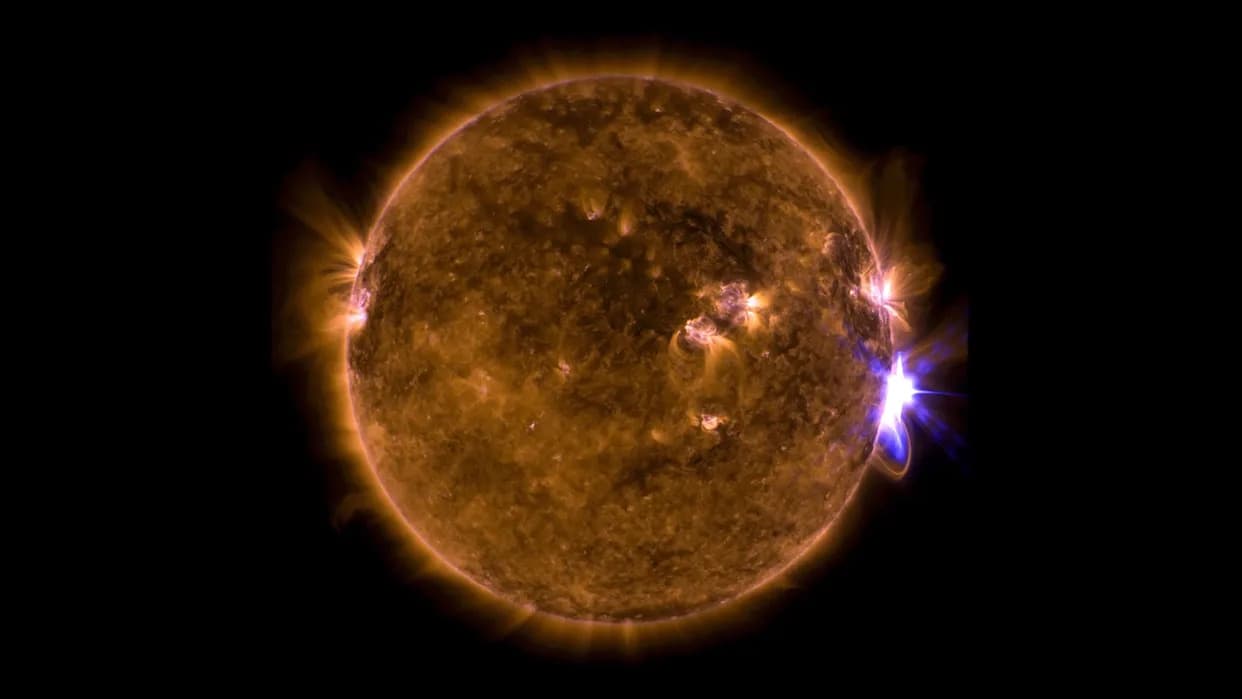The 2025 L’Oréal USA For Women in Science awards honor five postdoctoral women scientists for research spanning biomedical modeling, developmental biology, sensory chemistry, microbiology, and circadian physiology. Since 2003 the U.S. program has awarded over $5 million to support women in STEM and is part of the global L’Oréal-UNESCO initiative addressing gender gaps in research. Vox will debut five short films profiling each awardee, and applications for 2026 grants are open.
Meet the 2025 L’Oréal USA “For Women in Science” Awardees — Five Postdoctoral Researchers Advancing STEM

Today, November 13, Vox is co-hosting an evening with L’Oréal Groupe to honor the recipients of the 2025 L’Oréal USA For Women in Science awards. Since 2003, the U.S. program has celebrated hundreds of women in STEM and has distributed more than $5 million in grants to support their ongoing research.
The U.S. awards are part of the global L’Oréal-UNESCO For Women in Science International Awards, which specifically support research led by postdoctoral women scientists. According to UNESCO, women make up roughly one-third of the world’s scientific researchers; this initiative aims to increase that share by inspiring and supporting more women to pursue careers across scientific disciplines.
This year’s awardees
Kaveeta Kaw — Biomedical, Emory University School of Medicine
Kaw uses 3D modeling to study pulmonary arterial hypertension, with the goal of improving understanding of the disease and enabling personalized treatment strategies for individual patients.
Kaitlyn A. Webster — Developmental, Harvard Medical School
Webster studies the Mexican tetra to uncover how males and females develop from the same biological starting point, how environmental factors influence fertility, and how eggs and sperm interact and select one another.
Rebecka J. Sepela — Sensory, Harvard University
Sepela pursues curiosity-driven research into naturally occurring molecules and how their interactions with animal chemical receptors shape behavior and physiology.
Georgia Squyres — Microbiology, California Institute of Technology (Caltech)
Squyres investigates bacterial biofilm communities to understand how individual bacteria adopt specialized roles for collective tasks and how biofilms contribute to antibiotic resistance in Pseudomonas aeruginosa.
Sydney Aten — Physiology, Beth Israel Deaconess Medical Center / Harvard Medical School
Aten studies the body’s internal clock (circadian rhythm) and its effects on sexual and reproductive behaviors in mice, with a focus on female fertility — including how temperature changes and night-shift work may affect reproductive outcomes.
At the event, Vox Media Creative will premiere five short documentaries profiling each award recipient and her work. Applications for the 2026 For Women in Science grants are now open.
Help us improve.


































